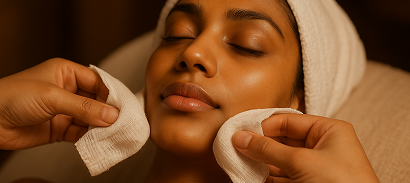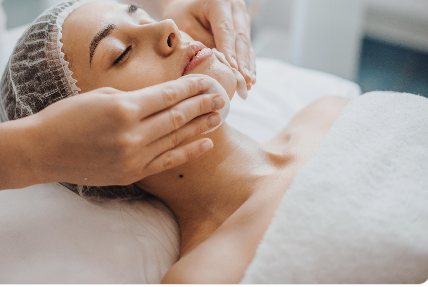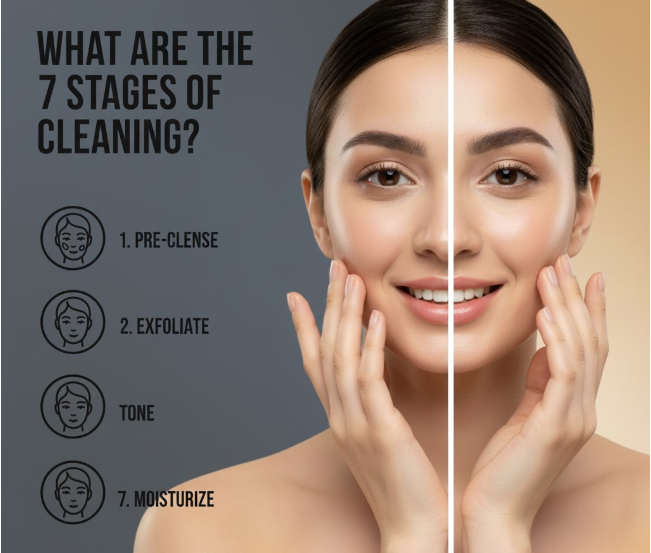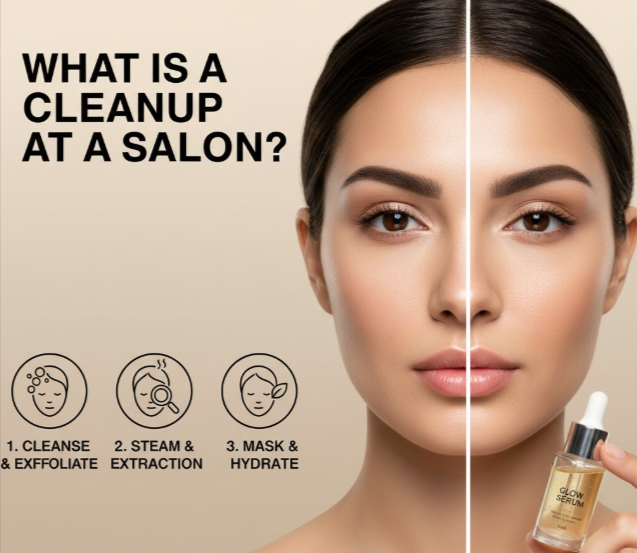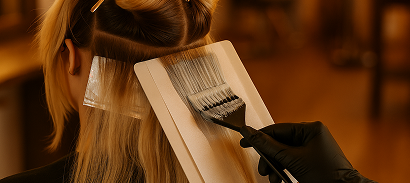Hair
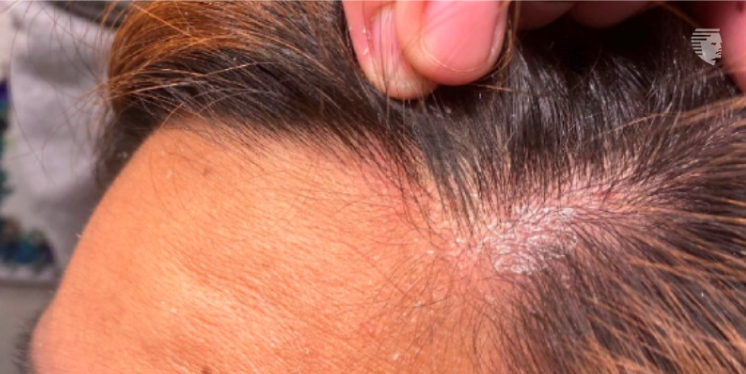
Hair
Understanding Scalp Infections: Signs, Causes & Best Treatments
5 minutes read | 13 Aug 24
Get a complimentary consultation today. Get in touch
Have you noticed itching, redness, or flakes on your scalp? Understanding the causes of scalp infections is key to finding relief. From scalp yeast infection to bacterial issues, knowing how to cure scalp infection with medicated shampoos, antifungals, or advanced GFU therapy can help restore scalp health. Let’s explore everything you need to know
Causes of Scalp Infections
Scalp infections are a common dermatological issue with various causes, each contributing to discomfort and medical complications. Here are the main causes:
Fungal Infections:
-
- Dermatophyte fungi, causing tinea capitis (scalp ringworm), thrive in warm, humid environments.
-
- Spread through direct contact with infected individuals or contaminated objects like towels, caps, or hairbrushes.
-
- Symptoms include hair loss, itching, and scaly spots due to fungi eating the keratin in hair.
Bacterial Infections:
-
- Common bacteria include Staphylococcus and Streptococcus.
-
- Poor hygiene or pre-existing skin conditions can exacerbate minor cuts or abrasions, allowing bacteria to invade the scalp.
-
- Can result in painful, pus-filled pimples or boils, which may become severe if untreated.
Viral Infections:
-
- Herpes zoster (shingles) can cause painful blisters and potentially irreversible hair loss.
-
- More likely to occur in individuals with weakened immune systems or those under significant stress, which disrupts the body’s natural defenses.
Environmental and Personal Factors:
-
- Overuse of hair care products, irregular washing, and exposure to contaminated water increase the risk of infection.
-
- Individuals with skin conditions like seborrheic dermatitis are more susceptible to secondary infections due to irritation and skin breakdown.
Types of Scalp Infections
Scalp infections can vary widely in type and severity. The most common types include:
Fungal infections:
Conditions like tinea capitis, often known as scalp ringworm, thrive in warm, moist environments, leading to itchy, scaly patches.
Bacterial infections:
These can lead to painful, swollen spots on the scalp that may ooze or crust.
Viral infections:
Conditions like herpes zoster (shingles) can affect the scalp, causing painful blisters and temporary hair loss.
Each type requires specific treatments and care strategies to manage effectively.
Folliculitis:
Folliculitis is a common scalp infection that occurs when hair follicles become inflamed due to bacteria, fungi, or irritation. It often appears as red, itchy bumps or pus-filled blisters resembling acne.
Ringworm:
Ringworm (Tinea Capitis) is a contagious fungal infection that affects the scalp, causing scaly patches, redness, and hair loss. It spreads through direct contact and contaminated objects.
Impetigo:
Impetigo is a contagious bacterial scalp infection that causes red sores, blisters, and honey-coloured crusts. It spreads through direct contact and is treated with antibiotics to prevent complications and further infection.
Seborrheic dermatitis
Seborrheic dermatitis is a chronic scalp condition causing redness, itching, and flaky dandruff due to excess oil and fungal overgrowth.
Scalp psoriasis
Scalp psoriasis is an autoimmune condition that causes red, scaly patches, itching, and flaking due to rapid skin cell buildup.
Lichen planus
Lichen planus is an inflammatory scalp condition that causes purple or reddish bumps, itching, and sometimes permanent hair loss due to scarring. Scleroderma
Symptoms of Scalp Infections
Recognising the symptoms of scalp infections is key to early detection and treatment. Common symptoms include:
-
- Itchy scalp
-
- Flaky skin or dandruff
-
- Red patches
-
- Painful sores or blisters
-
- Hair loss or thinning
These symptoms can significantly impact life quality, often necessitating targeted interventions like GFC Hair Treatment or soothing Scalp Massage to alleviate discomfort and promote healing.
How to Treat Scalp Infections?
Treatment for scalp infections depends on the underlying cause but generally includes:
Medicated shampoos and creams:
These are often used to treat fungal and bacterial infections. Dandruff shampoo can also help manage milder symptoms of fungal infections.
Antibiotics or antifungal medications:
These are necessary for more severe cases to help eradicate the infection.
Light therapy:
This is used for certain skin conditions that do not respond to topical treatments.
GFC Hair Treatment:
GFC Hair Treatment by Bodycraft offers a revolutionary approach to treating scalp conditions by enhancing the repair of damaged hair follicles and promoting healthier hair growth.
Scalp Massage:
Scalp Massage by Bodycraft not only aids in relaxation but also stimulates the scalp, improving blood circulation and helping to Moreover, GFC Hair Treatment by Bodycraft offers a revolutionary approach to treating scalp conditions by enhancing the repair of damaged hair follicles and promoting healthier hair growth. Scalp Massage by Bodycraft not only aids in relaxation but also stimulates the scalp, improving blood circulation and helping to maintain a healthy scalp environment.
How to Prevent of Scalp Infections?
Effective management of scalp infections relies on preventive actions:
-
- Regular cleaning of the scalp.
-
- Avoiding shared personal items like combs.
-
- Treating any underlying skin issues.
For those already experiencing symptoms, treatments such as Scalp Massage by Bodycraft and GFC Hair Treatment offer therapeutic benefits. These therapies not only treat the infection but also help restore the scalp to a healthy state, reducing the likelihood of recurrence.
Wrap-up: Effective Solutions for Scalp Infection Treatment and Prevention
Understanding the causes, types, and symptoms of scalp infections is key to keeping your scalp healthy and free from irritation. Whether dealing with a scalp yeast infection or another condition, knowing how to cure scalp infection effectively can make all the difference. With the right treatment, you can manage symptoms, promote healing, and prevent future flare-ups, ensuring your scalp stays in its best condition.
We at Bodycraft offer specialised treatments like GFC Hair Treatment and Scalp Massage, designed to manage and prevent scalp infections. With a focus on comprehensive solutions for scalp health, Bodycraft is a trusted choice for those seeking effective care to enhance scalp and hair wellness
FAQs around Scalp Infections
How to grow hair back after a scalp fungal infection?
Post-infection hair regrowth can be supported through treatments that focus on nourishing the scalp and revitalizing hair follicles. GFC Hair Treatment is particularly beneficial in restoring hair health.
How long do scalp infections last?
The source of a scalp infection determines its length as well as the success of the therapy. Most infections go away in few weeks with appropriate treatment.
How do I get my scalp back to normal?
Returning your scalp to normal calls for following a treatment schedule including medicated products and expert therapies like scalp massage. Keeping a good and clean scalp environment is absolutely important.
Can I massage my scalp every day?
Indeed, regular massages of the scalp help to increase blood flow and support scalp condition. Especially if you have scalp problems, gentle scalp massages can be quite beneficial in your daily regimen.
When should I see a doctor for a scalp infection?
You should see a doctor for a scalp infection if symptoms persist for more than a few days, worsen, or if there’s significant hair loss, pain, or swelling. A doctor can provide a proper diagnosis and recommend the best treatment options to prevent complications.
Related categories







































.png)

























-1.png)

-Jan-27-2026-09-48-13-4979-AM.png)
-1.jpg)
-2.jpg)
-Jan-27-2026-09-24-32-0172-AM.png)
-Jan-27-2026-09-10-48-5822-AM.jpg)
-Jan-27-2026-08-57-12-4372-AM.png)
-Jan-27-2026-08-16-49-0564-AM.jpg)
-Jan-27-2026-06-55-42-4422-AM.png)
-Jan-27-2026-06-40-44-2551-AM.png)
-Jan-27-2026-06-11-42-6101-AM.png)
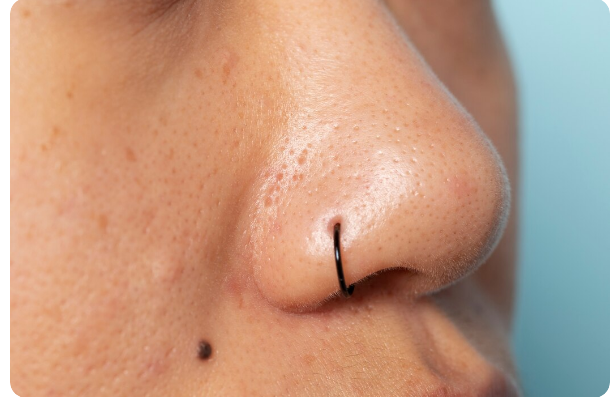
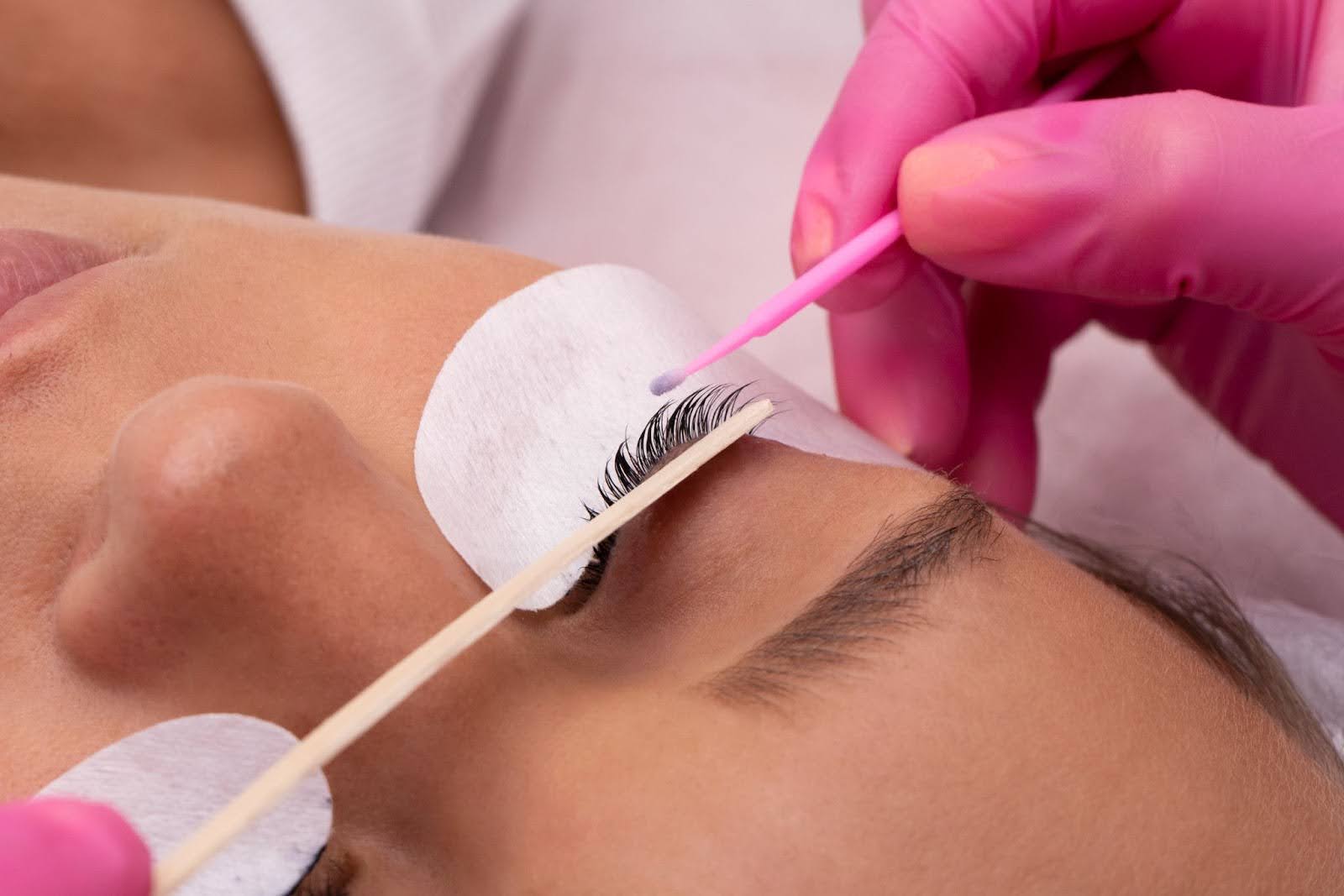
-Jan-07-2026-09-25-13-8220-AM.png)
-Jan-06-2026-01-36-04-6664-PM.png)
-Jan-07-2026-09-42-24-0602-AM.png)
-Jan-06-2026-10-25-17-9480-AM.png)


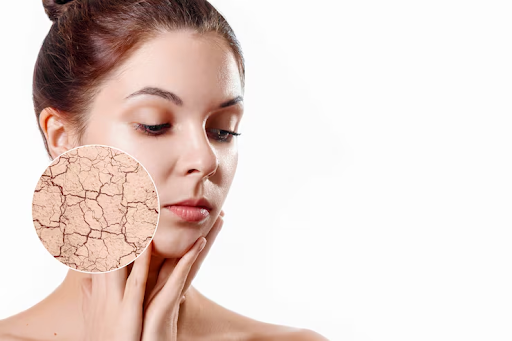
-Jan-07-2026-10-45-10-6342-AM.png)
-Jan-07-2026-10-40-58-9351-AM.png)
-Jan-07-2026-10-08-30-8016-AM.png)
-Jan-07-2026-10-05-55-1289-AM.png)
-Jan-07-2026-09-55-51-8183-AM.png)
-Jan-07-2026-09-53-13-6988-AM.png)
-Jan-07-2026-09-46-58-5932-AM.png)
-Jan-07-2026-09-31-08-6264-AM.png)
-Jan-07-2026-09-22-16-5686-AM.png)
-Jan-06-2026-01-41-35-4606-PM.png)
-Jan-06-2026-12-42-22-7669-PM.png)
-Jan-06-2026-10-47-39-0032-AM.png)
-Jan-06-2026-10-21-52-9561-AM.png)
-Jan-06-2026-10-09-27-7438-AM.png)
-Jan-06-2026-10-00-25-4209-AM.png)
-Jan-06-2026-09-38-50-9959-AM.png)
-Jan-06-2026-09-34-53-6980-AM.png)
-Jan-06-2026-09-31-45-3329-AM.png)

